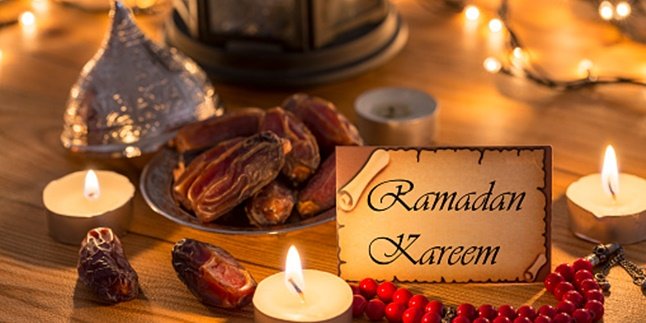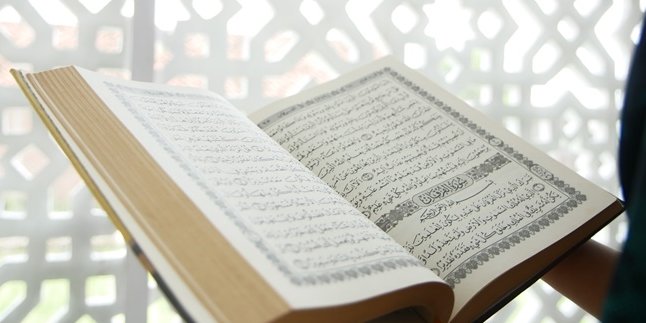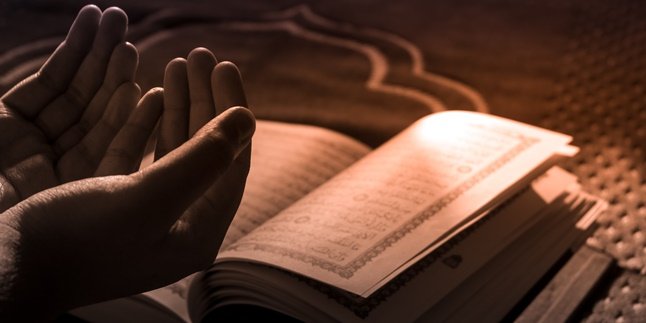Kapanlagi.com - The word iftar often comes up during Ramadan. However, not everyone knows what iftar means. Yes, iftar means breaking the fast KLovers. And this word is often used as a substitute for breaking the fast. It is no wonder that this word often appears during Ramadan.
Well, in addition to knowing that iftar means breaking the fast, KLovers can also find out about the sunnah of iftar and other terms in the month of Ramadan. This can also be the latest information for KLovers to better understand the terms in Ramadan.
So, for KLovers who want to know what iftar means, here's an explanation of what iftar means, breaking the fast along with the sunnah during iftar and other terms in the month of Ramadan.
1. Meaning of Iftar

Illustration (credit: Pexels)
As previously explained, iftar means breaking the fast. The word iftar itself comes from Arabic which means breaking the fast. Literally, iftar means "breakfast". Iftar is also known as ftoor. Iftar will be done to end the Ramadan fast every day at sunset.
Iftar marks the end of the fast every day and is often celebrated as a community gathering. Iftar refers to a feast when Muslims break their fast during the month of Ramadan. And for Muslims themselves, iftar activities become a place to gather together to break the fast. So, iftar actually means breaking the fast which is usually done in the month of Ramadan.
In Indonesia, iftar is usually done by consuming sweet drinks or snacks. For example, consuming fruit ice, hot tea, and other sweet drinks. As for food, in Indonesia it tends to be quite oily, such as fried foods, fried cakes, to traditional snacks.
2. Sunnah during Iftar
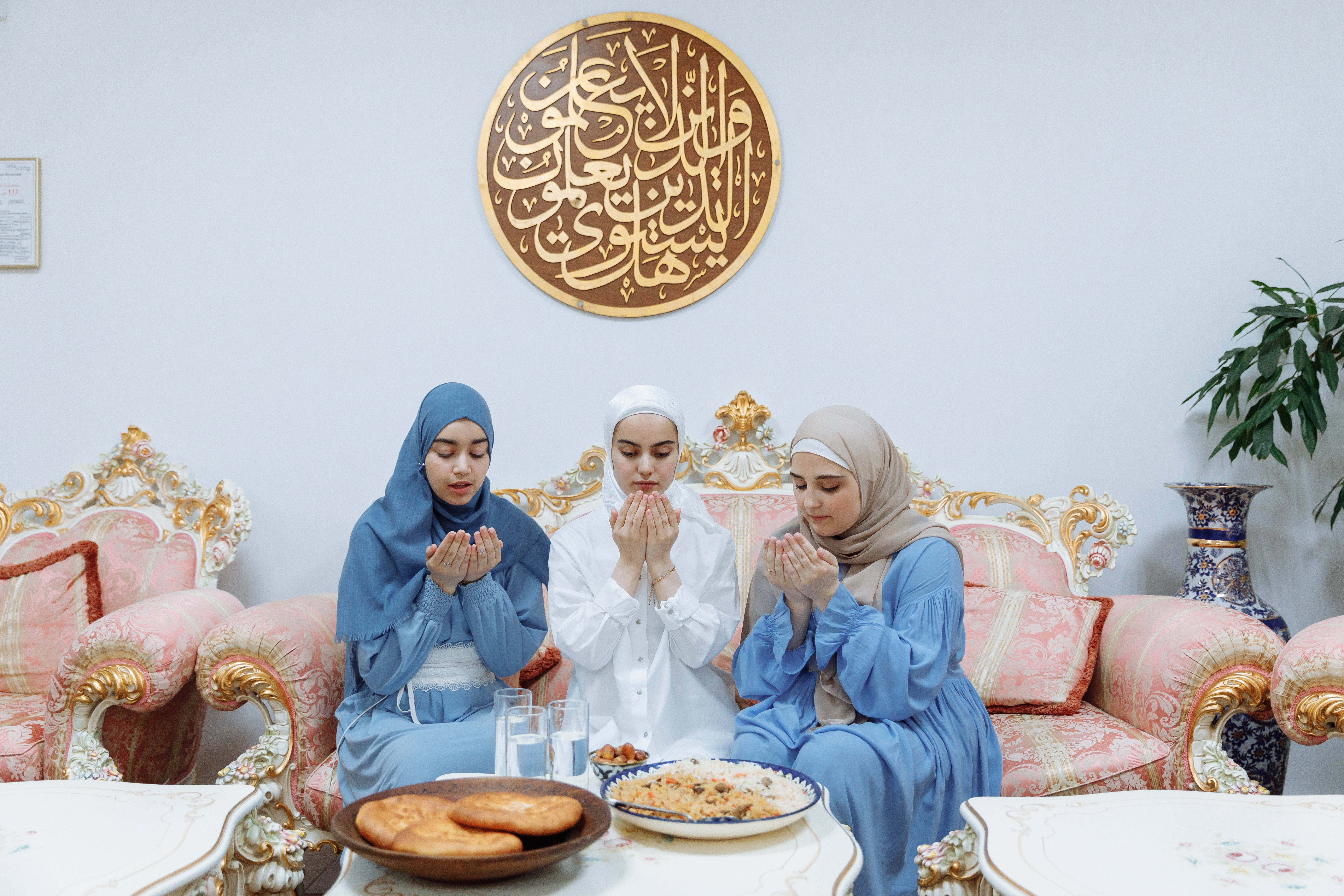
Illustration (credit: Pexels)
Not only knowing the meaning of iftar as breaking the fast, but there are also sunnah that KLovers can do during iftar. Yes, in breaking the fast or iftar there are activities that bring rewards to KLovers. These activities are recommended in the sunnah, but if done can get rewards for those who do them.
In a hadith, the Prophet Muhammad Shallallahu 'alaihi wa sallam urged his people to hasten breaking the fast or iftar when the time has come, namely when the sun begins to set. The Prophet Muhammad shallallahu 'alaihi wa sallam in his words said:
"Man is always in goodness as long as he hastens to break the fast." (Hadith narrated by Bukhari 4/173 and Muslim 1093)
Then in a hadith Qudsi, from Abu Hurairah Radhiyallahu 'anhu that the Prophet Muhammad shallallahu 'alaihi wa sallam also said:
"Allah 'Azza wa Jalla said, "The servant whom I love the most is the one who breaks the fast the quickest." (HR. At-Tirmidzi)
3. Other Terms During Ramadan
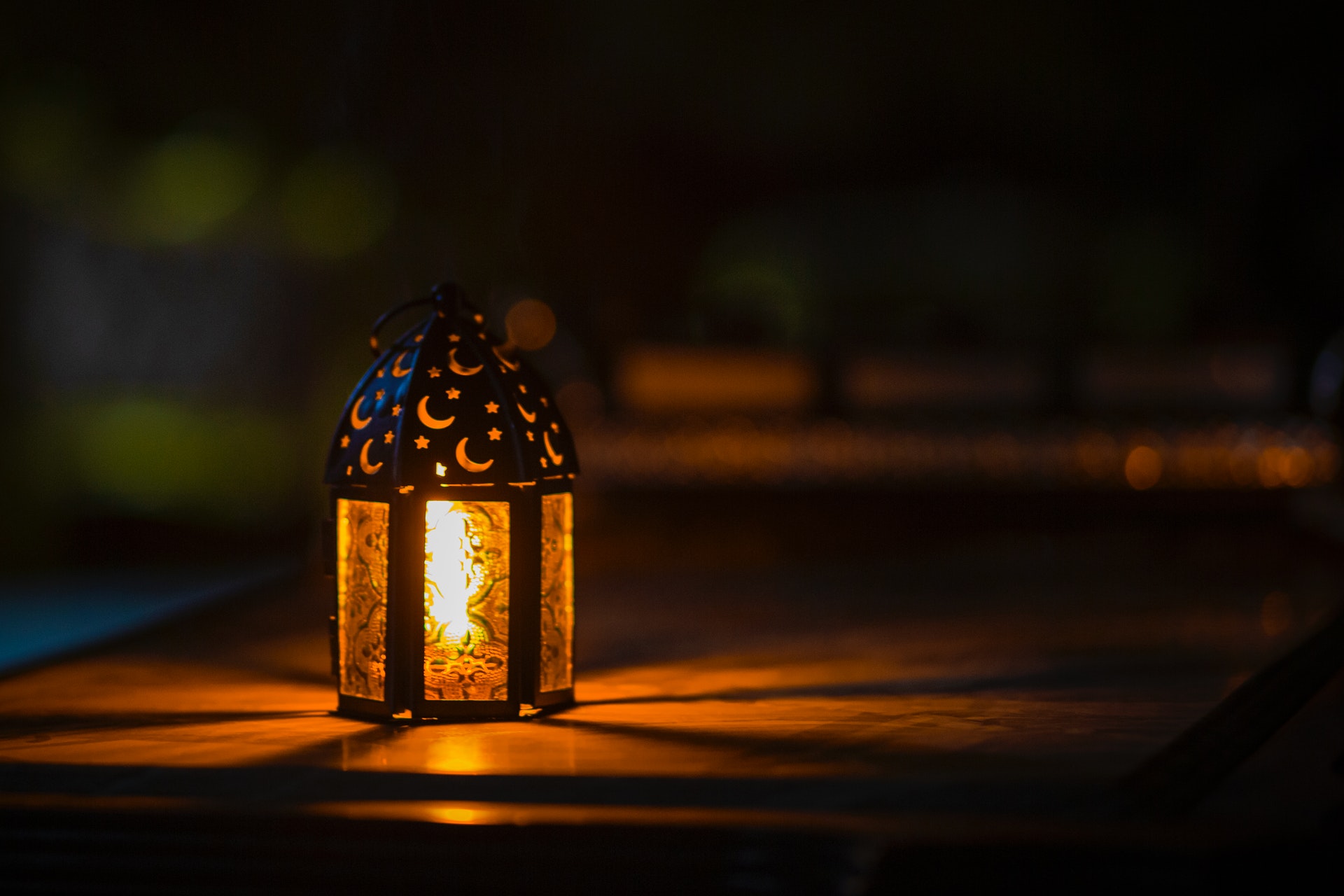
Illustration (credit: Pexels)
After knowing that iftar means breaking the fast, KLovers also need to know other things in Ramadan. Here are some other terms in Ramadan along with their meanings:
1. Sahur
Sahur is a term in Islam that refers to the activity of eating and drinking done by Muslims in the early morning for those who will fast during the month of Ramadan on that day.
2. Imsak
The meaning of Imsak is taken from the Arabic language, which means to hold back. From the meaning of holding back, it can be concluded that the time of Imsak is the time to start holding back from everything that breaks the fast.
3. Takjil
Takjil is a verb, not a noun, which means food for breaking the fast. In the term takjil, the letter k in the word actually replaces the letter 'ain' in the original writing, so the letter k is not pronounced.
4. Tarawih
Tarawih or tarawih prayer is a sunnah prayer that is done specifically during Ramadan. Tarawih in Arabic is a plural form that means 'a moment of rest'. The time for performing this sunnah prayer is after isya and before subuh, usually done in congregation at the mosque.
5. Shaum
Shaum is an Arabic term that means fasting. Shaum Ramadan is the obligatory fasting for Muslims. Fasting for Muslims means refraining from eating and drinking and all actions that can break the fast, from dawn until sunset.
6. Zakat fitrah
Zakat fitrah is a personal zakat that is mandatory for Muslim individuals who meet the requirements. Zakat fitrah is mandatory for Muslims who have met the requirements. Zakat fitrah must be paid once a year at the beginning of Ramadan until before Eid al-Fitr prayer. Zakat fitrah that has been paid will be distributed to the recipients of zakat fitrah.
7. Fidyah
Fidyah comes from the word 'fadaa', which means to replace or redeem. Fidyah is a way for someone with certain conditions to replace the missed Ramadan fast by giving food to the poor. Fidyah can only be done by someone who is no longer able to fast for a long period of time or even permanently.
8. Ngabuburit
The term ngabuburit is familiar to Indonesian people when Ramadan comes. This term is known to come from the Sundanese language, which means burit or late afternoon before Maghrib. Ngabuburit is usually done by activities such as walking around, looking for takjil, studying, doing social activities, listening to tausiah, and so on.
9. Itikaf
And the last term for Ramadan is Itikaf. Yes, Itikaf is staying or residing in the mosque with the intention of worshiping to get closer to Allah SWT. Itikaf can be done anytime, but it is best to do it during the last ten days of Ramadan, especially on Lailatul Qadar.
Those are some explanations of iftar which means breaking the fast along with the sunnah during iftar and other terms in Ramadan. Hopefully, the above explanation can be a new knowledge for KLovers.
The term ngabuburit is known to have originated from the Sundanese language, which means to wait for or to do activities before breaking the fast at sunset. Ngabuburit is usually done by activities such as walking around, looking for takjil (snacks for breaking the fast), studying, doing social activities, listening to tausiah (Islamic lectures), and so on.
9. Itikaf
The last term for Ramadan is Itikaf. Yes, Itikaf is staying or residing in the mosque with the intention of worship to get closer to Allah SWT. Itikaf can be done anytime, but it is better to do it during the night of Lailatul Qadar, which is the last ten days of Ramadan.
That is a little explanation of iftar, which means breaking the fast along with the sunnah during iftar and other terms in the month of Ramadan. Hopefully, the explanation above can be a new knowledge for KLovers.
(kpl/gen/dhm)
Disclaimer: This translation from Bahasa Indonesia to English has been generated by Artificial Intelligence.




